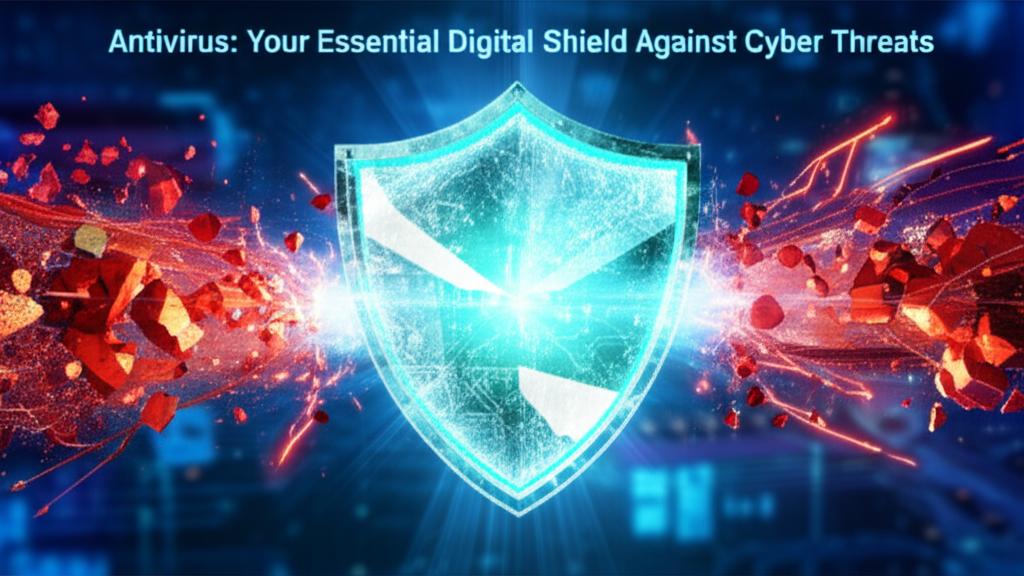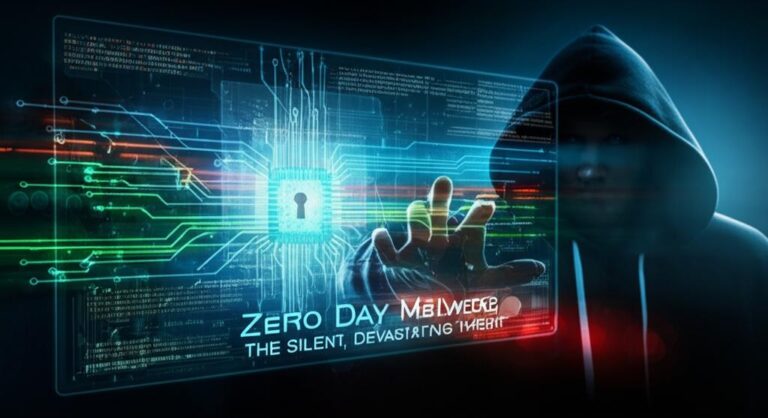Antivirus: Your Essential Digital Shield Against Cyber Threats
Understanding Antivirus: Your Essential Digital Shield
In an increasingly interconnected world, our digital lives are constantly exposed to a myriad of online threats. From personal photos to financial records, the data we store on our devices is vulnerable. This is where antivirus software steps in, acting as your crucial first line of defense. But what exactly is antivirus, and how does it protect you?
What is Antivirus Software?
At its core, antivirus is a type of software designed to detect, prevent, and remove malicious software, commonly known as malware, from your computer or mobile device. Think of it as a digital immune system, constantly monitoring for signs of infection and neutralizing threats before they can cause harm. The primary goal of any robust antivirus program is to safeguard your digital environment.
How Does Antivirus Work?
Antivirus solutions employ several sophisticated techniques to keep your systems secure:
- Signature-Based Detection: This is the most traditional method. Antivirus programs maintain a database of known malware “signatures” (unique code patterns). When a file is scanned, its code is compared against this database. If a match is found, the file is identified as malicious.
- Heuristic Analysis: As new threats emerge daily, signature-based detection isn’t always enough. Heuristic analysis looks for suspicious behaviors or characteristics in a file that might indicate it’s malware, even if its exact signature isn’t in the database.
- Real-Time Protection: Also known as “on-access” or “resident shield” scanning, this feature continuously monitors your system in the background. It scans files as they are opened, downloaded, or executed, preventing malware from ever gaining a foothold.
- Behavioral Monitoring: This technique observes how programs behave. If a legitimate program starts performing actions typical of malware (e.g., trying to modify system files, encrypting data), the antivirus will flag and stop it.
- Quarantine and Removal: Once malware is detected, the antivirus software typically quarantines the infected file, isolating it from the rest of your system to prevent further spread. You then have the option to delete it or attempt to repair it.
Common Threats Antivirus Protects Against
A comprehensive antivirus solution provides protection against a wide array of cyber threats:
- Viruses: Self-replicating programs that attach to legitimate files and spread across systems.
- Worms: Self-replicating malware that spreads independently over networks without user interaction.
- Ransomware: Encrypts your files and demands a ransom (usually cryptocurrency) for their decryption.
- Spyware: Secretly monitors your computer activity, collecting personal information without your consent.
- Adware: Displays unwanted advertisements, often bundled with legitimate software.
- Trojans: Malicious programs disguised as legitimate software, creating backdoors for attackers.
- Phishing Attacks: Although often human-error-based, some advanced antivirus programs help identify malicious links or email attachments used in phishing.
Why is Antivirus Indispensable Today?
In an era where cybercrime is rampant, relying solely on caution is insufficient. Antivirus protection is no longer a luxury but a necessity for several critical reasons:
- Data Protection: Safeguards your personal files, financial information, and sensitive data from theft and corruption.
- Privacy: Prevents spyware and other malicious programs from monitoring your activities and stealing your identity.
- System Performance: Removes resource-intensive malware that can slow down your computer.
- Financial Security: Protects against banking Trojans and ransomware, which can lead to significant financial losses.
- Peace of Mind: Offers confidence that your digital environment is secure, allowing you to browse, work, and play without constant worry.
Choosing the Right Antivirus
With numerous options available, selecting the best antivirus software can seem daunting. Consider the following factors:
- Reputation and Reviews: Look for well-regarded brands with strong independent test results.
- Features: Beyond basic scanning, do you need a firewall, VPN, parental controls, or password manager?
- System Impact: A good antivirus should offer robust protection without significantly slowing down your device.
- Cost: Free versions offer basic protection, while paid versions typically include advanced features and better support.
- Compatibility: Ensure the software is compatible with your operating system (Windows, macOS, Android, iOS).
Ultimately, a reliable antivirus solution is a cornerstone of modern cybersecurity. It provides the essential defenses needed to navigate the digital world safely, protecting your privacy, data, and peace of mind from the ever-evolving landscape of online threats.







